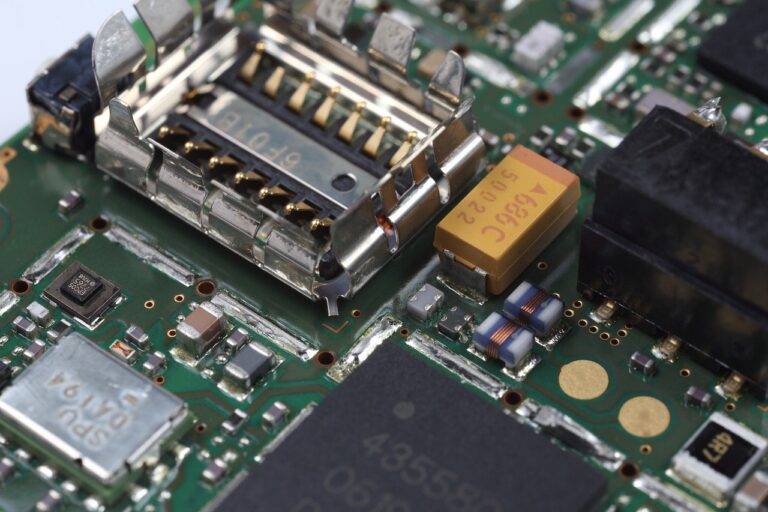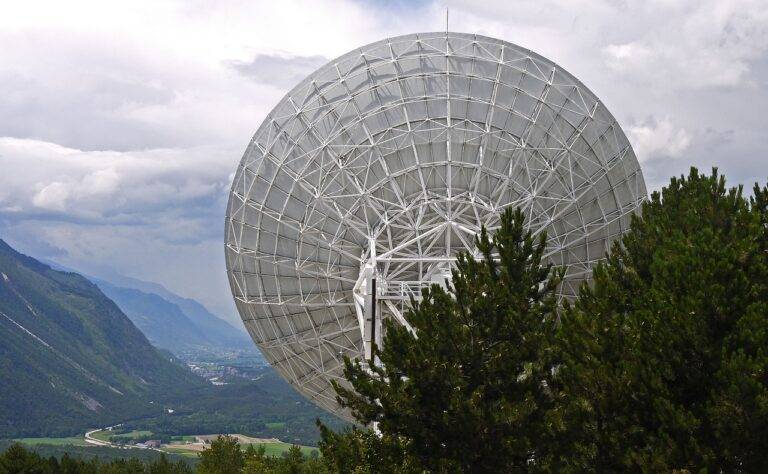The Rise of Smart Cities: Smart Traffic Management
Smart cities are revolutionizing the way traffic management is approached and implemented. Leveraging technology and data, these cities are optimizing traffic flow, reducing congestion, and improving overall mobility for residents and visitors alike. By implementing intelligent transportation systems and real-time monitoring, smart cities are able to make data-driven decisions that enhance the efficiency and effectiveness of their traffic management strategies.
The impact of smart cities on traffic management extends beyond just optimizing transportation routes. These cities are also prioritizing sustainable and environmentally friendly modes of transport, such as public transit, biking infrastructure, and car-sharing services. By promoting these alternatives, smart cities are not only reducing traffic congestion but also contributing to a cleaner and greener urban environment.
Understanding the Concept of Smart Traffic Management
Smart traffic management is a modern approach aimed at optimizing the flow of vehicles in urban areas by leveraging technology and data. By utilizing a network of sensors, cameras, and other devices, cities can collect real-time data on traffic patterns and congestion levels. This information helps city officials make informed decisions to improve traffic flow, reduce bottlenecks, and enhance overall mobility for residents and commuters.
Moreover, smart traffic management systems often incorporate adaptive signals and algorithms that can adjust traffic light timings based on the current traffic conditions. By dynamically responding to the changing demands of the road, these systems can help minimize delays and improve the efficiency of transportation networks. Ultimately, the goal of smart traffic management is to create safer, more sustainable, and more efficient urban environments for everyone.
Key Technologies Driving Smart Traffic Management in Cities
Smart traffic management in cities relies on cutting-edge technologies to enhance efficiency and address the growing challenges of urban congestion. One of the key technologies driving this transformation is the Internet of Things (IoT), which enables the interconnection of various devices and sensors to collect real-time data on traffic patterns and conditions. This data is crucial for developing intelligent traffic management systems that can optimize traffic flow and reduce bottlenecks in urban areas.
Another essential technology in smart traffic management is artificial intelligence (AI), which is revolutionizing how cities analyze traffic data and make informed decisions. AI algorithms can process vast amounts of data, such as traffic volume, speed, and congestion levels, to predict and proactively manage traffic flow. By leveraging AI, cities can deploy dynamic traffic light control systems, adaptive signal timing, and predictive analytics to minimize delays and improve overall traffic efficiency.
What are smart cities and how do they impact traffic management?
Smart cities are urban areas that utilize technology to improve the quality of life for residents. In terms of traffic management, smart cities use technologies like sensors, cameras, and data analytics to optimize traffic flow, reduce congestion, and improve safety on the roads.
How can smart traffic management help cities combat traffic congestion?
Smart traffic management systems can help cities combat traffic congestion by providing real-time traffic information, optimizing traffic signal timings, and implementing dynamic tolling systems to manage traffic flow more efficiently.
What is the concept of smart traffic management?
Smart traffic management involves the use of advanced technologies to monitor, control, and manage traffic flow in urban areas. This may include the use of sensors, cameras, and data analytics to make real-time decisions that improve traffic flow and safety.
What are some key technologies driving smart traffic management in cities?
Some key technologies driving smart traffic management in cities include artificial intelligence, Internet of Things (IoT) devices, connected vehicles, and advanced traffic management systems. These technologies help cities collect and analyze traffic data in real-time to make informed decisions about traffic management strategies.





